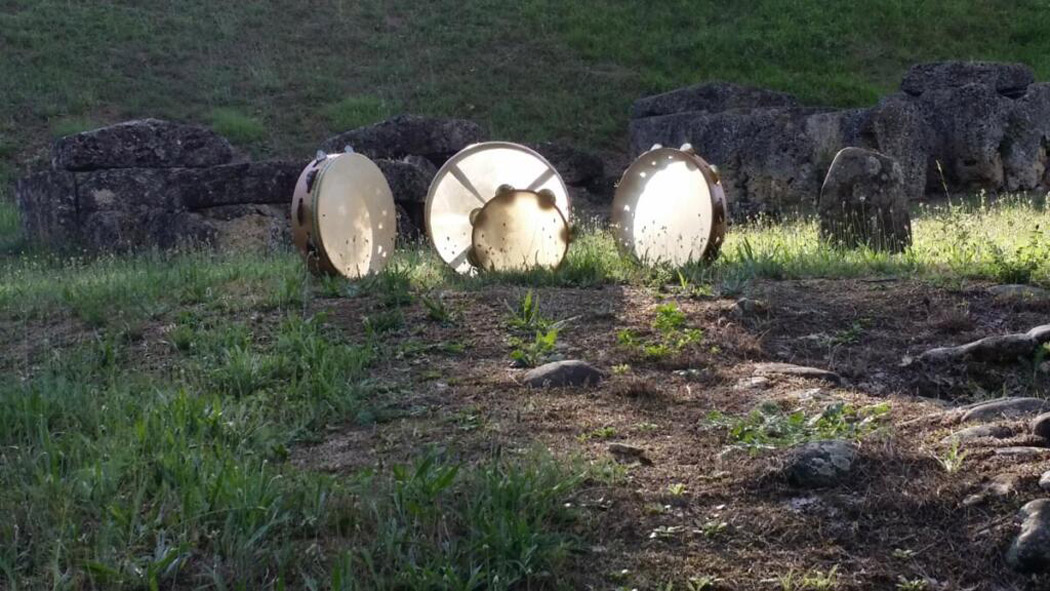Today, June 2, Sir Edward Elgar was born and had he survived he would be 158 years old. Fortunately for us the music of this great English composer has survived and since thrived as time goes by.
Edward Elgar is best remembered for the chorus refrain sung religiously and fervently by an audience of flag waving gentle English folk at each Last Night of the Proms:
“Land of Hope and Glory, Mother of the Free,
How shall we extol thee, who are born of thee?
Wider still and wider shall thy bounds be set;
God, who made thee mighty, make thee mightier yet,
God, who made thee mighty, make thee mightier yet”
Sir Edward Elgar composed the music for this chorus as part of the Pomp and Circumstance March No. 1, which Henry Wood introduced to immediate and tumultuous acclaim in a Prom Concert in 1901.
It was Elgar’s royal host King Edward VII who encouraged him to create the song, which was included in Elgar’s Coronation Ode. Yet, the actual song, performed by Clara Butt first in June 1902, includes verses to a different tune with only the refrain being from Pomp and Circumstance. For any audience since, the verses are but the catalyst building to the hearty chorus.
Possibly, given the history of Britain and other colonial powers over the past 100 years, the words of the refrain, penned by A C Benson, may now seem a little out of touch. We cannot blame Sir Edward (or even Benson) for these Boer War inspired lyrics, as still in about 1978, this victory refrain rang loud and long as Ted (Sir Edward) Heath sailed his victorious yacht, Morning Cloud, through the heads of Sydney Harbour.
And this refrain also has been adopted by many English sportsmen and teams. For England it still remains the first choice of a national anthem, though we are not sure which way the Queen voted.
It is a particularly English trait to adopt religious glory and expansionism in the selection of inspirational songs, and Land of Hope and Glory has had, for its over 100 years of renditions, a competitor in ‘Jerusalem’ - the grand religious dream of Parry and the English. And at the first test of the Ashes Series (cricket for the uninitiated) in 2009 in Cardiff, I do recall the spirit of Jerusalem, the singing of which by famous Welsh voices started each day – for historical perspective, it was an honourable draw.
Sir Edward Elgar lived in a period of great English composers of different musical persuasions, each rendering songs and instrumental music that have stayed with us for over 100 years. Sullivan and Parry (though both a little earlier), Delius, Holst and Vaughan Williams come to mind. The rollicking tunes of Sullivan’s operettas, with Gilbert’s impossible verses, still fill my ears.
Yet, while Sir Edward Elgar is remembered best for Pomp and Circumstance March No.1 and its little song, his music was of much broader appeal. Of immediate note is the haunting Enigma Variations especially Nimrod, the composition that made Elgar’s reputation before ‘Pomp’. The Dream of Gerontius, composed near the turn of the century, was recognised as a masterful choral work.
His violin concerto that received general acclaim from its first performance was commissioned by Fritz Kreisler. After initial disappointment, the Cello Concerto in E minor, made famous by the young Jacqueline Du Pre, has been sought after by the best cellists such as Yo-Yo Ma, and is a cornerstone cello work.
In Elgar’s later years and after his passing, his reputation as a composer waned, but today Sir Edward Elgar stands tall not just as an English composer but as a world force in classical music.







Follow us